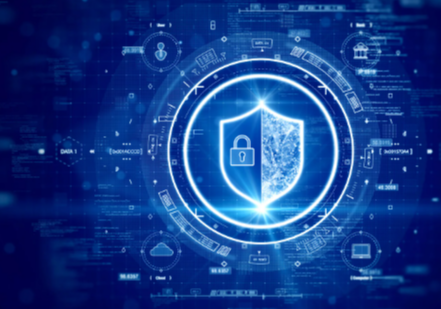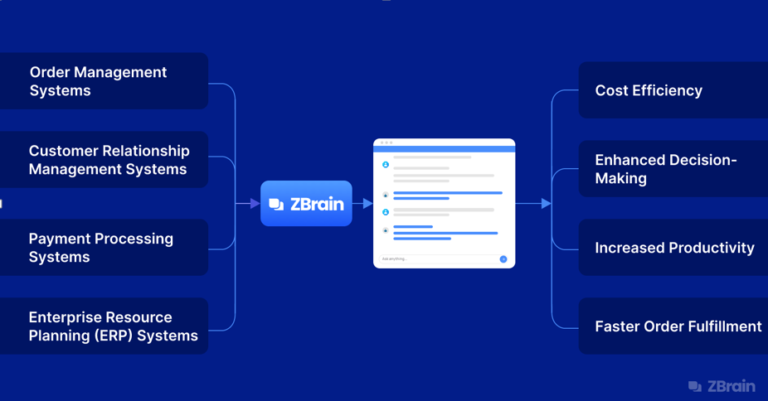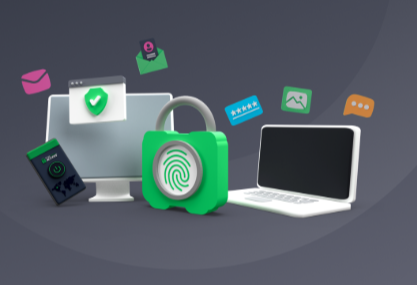How to Stay Safe Online: Tips From Experts
In an increasingly digital world, the importance of online safety cannot be overstated. Experts emphasize the need for strong, unique passwords and the implementation of two-factor authentication. Regular software updates and awareness of phishing scams are crucial for maintaining security. However, many individuals remain unaware of the complexities involved in safeguarding their personal information. Understanding these essential strategies can significantly enhance one’s digital safety. What steps can be taken to further protect against emerging threats?
Protecting Your Personal Information
Protecting personal information online is crucial in an era where digital threats are pervasive.
Effective password management and robust data encryption are indispensable strategies for safeguarding sensitive data. Utilizing strong, unique passwords across various platforms minimizes the risk of unauthorized access.
Furthermore, data encryption ensures that even if information is intercepted, it remains unreadable to malicious actors, thereby enhancing personal privacy and security.
Securing Your Devices
Securing devices is essential to maintaining digital safety in an interconnected world.
Implementing device encryption ensures that sensitive data remains inaccessible to unauthorized users. Regularly updating software is equally crucial, as these updates often contain security patches that protect against vulnerabilities.
Read more: Passwords Are Dead: Future of Digital Authentication
Recognizing and Avoiding Common Threats
Identifying and understanding common online threats is crucial for maintaining digital safety.
Phishing scams often masquerade as legitimate communications, tricking users into revealing sensitive information.
Malware attacks, on the other hand, infiltrate systems to compromise data integrity.
Awareness of these threats empowers individuals to make informed decisions, ensuring a proactive approach to online security while preserving the freedom to navigate the digital landscape safely.
Conclusion
In conclusion, safeguarding one’s online presence requires a multifaceted approach, seamlessly aligning with expert recommendations. Coincidentally, the very strategies that enhance security—strong passwords, two-factor authentication, and software updates—also foster a sense of digital empowerment. As users become increasingly vigilant against phishing scams and malware, they inadvertently cultivate a culture of awareness and resilience. Thus, staying informed about evolving online threats not only protects personal information but also fortifies the collective effort towards a safer digital landscape.






